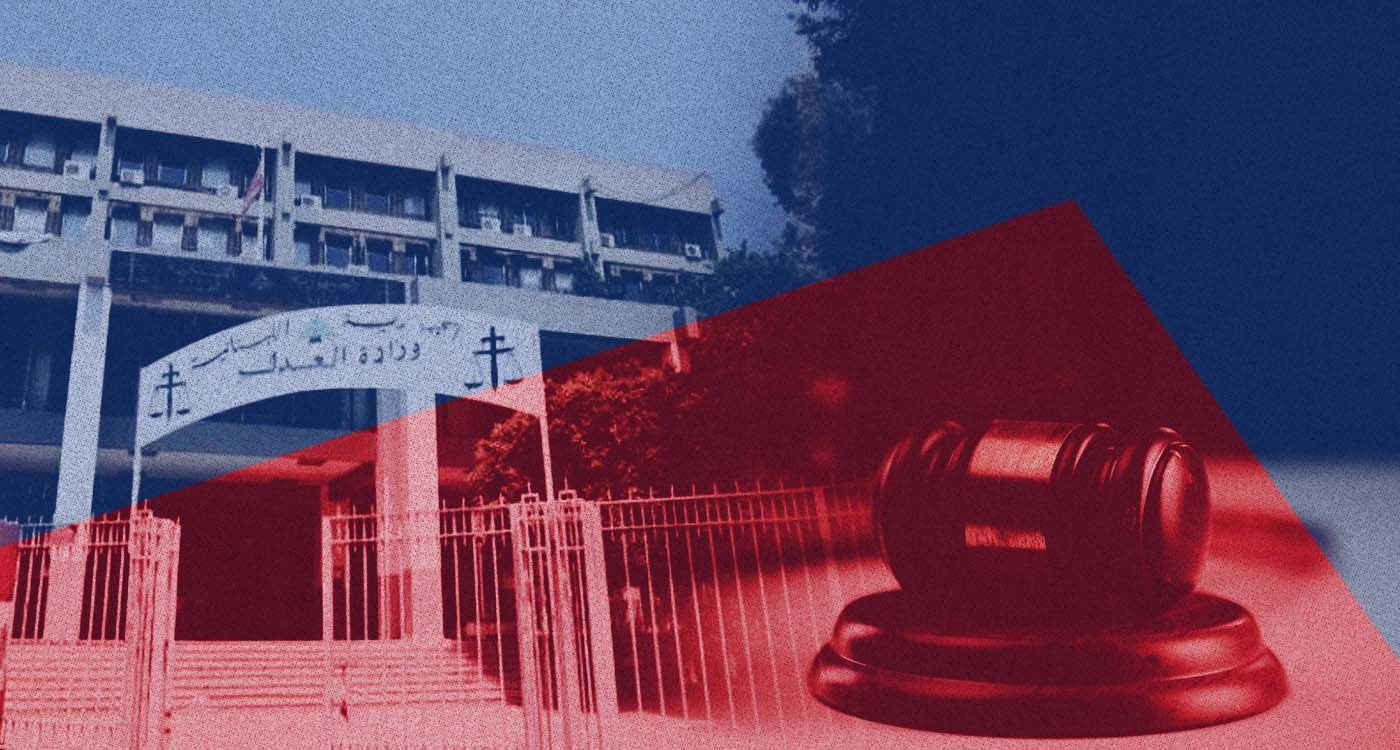
Lebanon appears poised to move forward with long-delayed judicial appointments and reshuffles, according to well-placed judicial sources – an overdue step after more than five years of political deadlock. The process had been blocked since 2020, when then-President Michel Aoun rejected a package of proposed judicial transfers submitted by the Higher Judicial Council (HJC), amid a broader power struggle with the body. The stalemate effectively crippled several key courts, undermined public confidence in the judiciary, and further entrenched political interference in institutions.
The standoff dates back to June 2020, when the HJC drafted a list of judicial reshuffles and appointments that were blocked by Aoun and his justice minister, Marie-Claude Najm. Their official reasoning – alleged breaches of objectivity in the selection process – did little to conceal the real motive: opposition to the reassignment of judges seen as close to the Free Patriotic Movement (FPM), the party founded by Aoun. Among them was the highly controversial Ghada Aoun, then serving as public prosecutor at the Mount Lebanon Court of Appeal.
In fact, Aoun and his camp effectively viewed the HJC’s selected judges as being of no “use” to the FPM’s interests. As a result, no appointments have been made since, with the HJC refusing to bow to conditions rooted in political calculations.
Although judicial appointments are governed by the 2001 amended law on the organization of the judiciary, the rules are seldom applied as intended in practice. Merit and seniority often take a backseat to political, sectarian and clientelist interests.
The Judicial Appointment Mechanism
The HJC, made up of ten members, draws up the list of proposed appointments and transfers. These cover key positions in the Court of Cassation, which has ten seats, as well as public prosecutors, investigative judges and chamber presidents.
Once approved by the HJC, the list is submitted to the minister of justice, who, if in disagreement with the proposal, is theoretically required to provide justification. If the dispute persists, the 2001 law provides a mechanism to resolve the issue.
Under the previous system, the Council of Ministers had the final say, but the new law assigns that authority to the HJC. The latter body can make binding decisions on appointment proposals with the support of seven out of its ten members.
In reality, however, the situation has played out differently. Disregarding the requirement to explain their objections to the HJC, ministers of justice have often stalled the judicial appointment decrees without engaging in any debate.
Moreover, even if, in the best-case scenario, the minister of justice approved the appointment proposals, the president of the Republic, the prime minister and the ministers of finance and defense each had the power to block the process in turn. Under the 2001 law, the countersignature of each is required for the decree to be published, making the process even more difficult.
HJC Meeting: A Move Toward Tangible Results?
According to judicial sources closely following the case, the ten members of the HJC were scheduled to meet Monday afternoon to discuss the issue of judicial appointments. A compromise could emerge under the combined pressure of several factors. On one hand, the prolonged vacancy of key positions is severely hampering court operations and delaying numerous trials. Some judges are burdened with dozens of cases they cannot rule on due to a lack of quorum or a valid panel.
On the other hand, international pressure is mounting, notably from the European Union, which has made judicial reform a condition for releasing certain aid packages. Additionally, as part of its discussions with Lebanon, the International Monetary Fund (IMF) insists on the independence of the judiciary as a cornerstone of any institutional and economic recovery.
Finally, the shifting regional landscape, together with a period of relative political stability following the recent election of President Joseph Aoun and the formation of a new government, may have created an opportunity for a compromise.
Should the negotiations prove successful, a partial renewal of the senior judiciary should follow. However, no one is willing to venture a timeline. President Aoun announced on Monday that the judicial reshuffles will happen soon.
In any event, several observers caution against expecting any fundamental reform. After all, old habits die hard. “We will likely see a deal among the main political blocs, each securing its own candidates in a classic power-sharing arrangement,” said a judicial source who spoke on condition of anonymity.
Today, reforms that Lebanon is called upon to implement across all sectors are under close scrutiny by the international community.
Whether this will amount to mere job distribution or real progress toward judicial independence – currently kept on life support – remains to be seen. The situation remains fluid, awaiting a collective agreement that could lead to the eventual approval of the appointment list, considered crucial within the broader context of reforms requested from the authorities.
In Lebanon, nothing is ever guaranteed until the final decree is signed. And even then, everything can still be overturned.




Comments